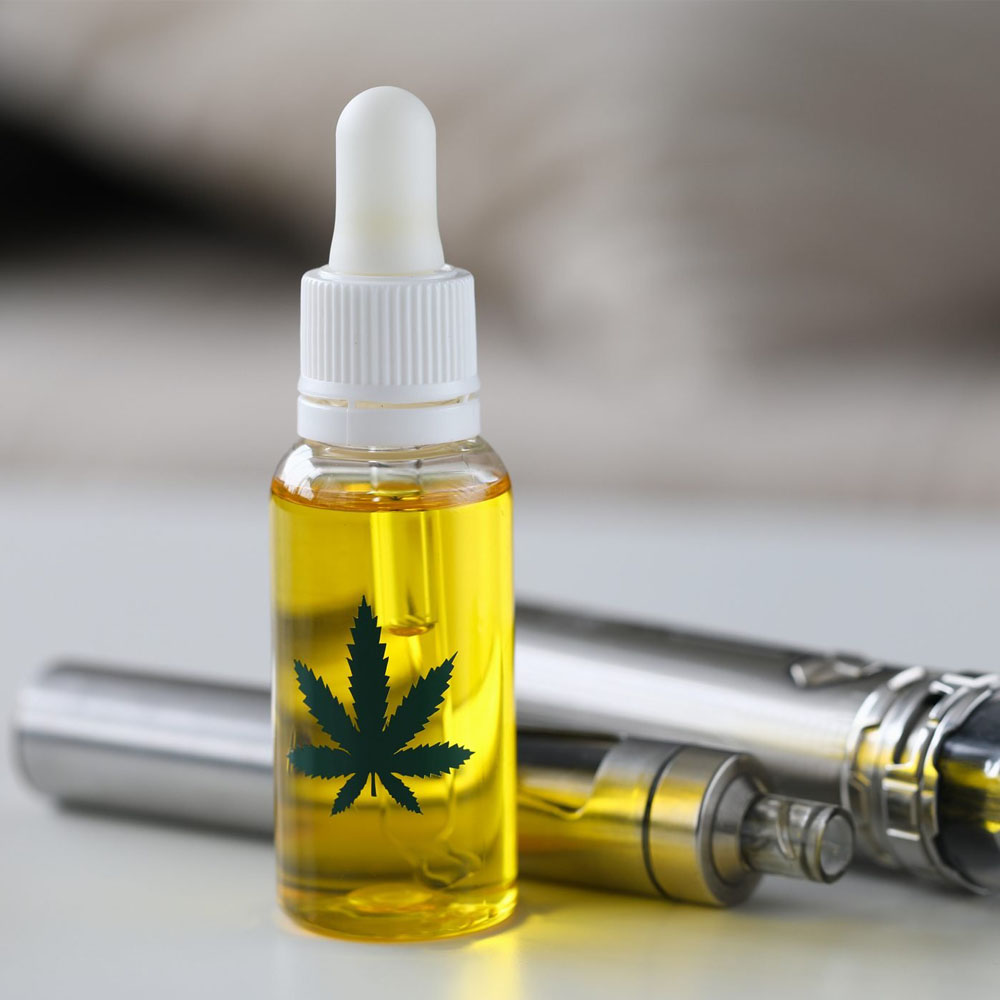
Unraveling the Mysteries: A Comprehensive Guide to Freebase Vape Juice
In the expansive world of vaping, understanding the intricacies of available products is paramount for unlocking the ultimate vaping journey.
Extracted from these plants and dissolved in carrier oils like sunflower, hemp, or olive oil, CBD oil has gained popularity for its potential health benefits. It can be consumed orally, applied topically, added to foods and beverages, and even used in e-cigarettes.
CBD oil is associated with various potential benefits, including supporting mental health, improving sleep, relieving pain, and reducing inflammation. However, its legality varies depending on its source and specific state regulations. While CBD derived from hemp plants containing less than 0.3% THC is legal at the federal level, CBD derived from cannabis plants remains illegal.
But what about vaping CBD? Is it safe? According to experts, vaping CBD oil presents its own set of risks. When vaping CBD, individuals not only inhale the CBD oil but also other chemicals added for flavor and often nicotine. This combination can have detrimental effects on lung and heart health, including lung disease, heart disease, and compromised immune function.
Some potential side effects and health risks of regular CBD vaping include:
Popcorn lung: This irreversible condition is characterized by the buildup of scar tissue in the lungs, leading to airflow obstruction and symptoms like wheezing, coughing, and shortness of breath.
Lung or heart disease: Vaping damages blood vessels, increasing the risk of lung and heart diseases.
Compromised immune health: Studies suggest that vaping CBD may decrease immune function.
Death: Although data on vaping-related deaths is limited, lung injuries caused by vaping have resulted in fatalities.
Considering these risks, experts recommend exploring healthier alternatives to CBD vaping. Cessation of CBD vaping allows the lungs to heal from damage incurred, although severe damage may be irreversible. Using CBD oil topically or consuming it orally in foods, drinks, or gummies is considered a safer alternative.
For those seeking relaxation or pain relief, experts suggest exploring non-vaping methods such as meditation, exercise, or yoga. Additionally, consulting a healthcare provider for chronic pain management is advisable, as topical CBD products lack clear regulations and may not provide the desired relief.
Find the newest trends and common knowledge in e-liquids business from our blog.

In the expansive world of vaping, understanding the intricacies of available products is paramount for unlocking the ultimate vaping journey.

CBD, short for cannabidiol, is a naturally occurring compound found in cannabis sativa and hemp plants.

Embarking on the journey of vaping often entails a quest for flavor exploration. Yet, transitioning between e-liquid flavors can sometimes be daunting, fraught with the

The UK government is set to introduce a new vaping tax, slated to be announced in the upcoming Budget. Here’s a breakdown of the potential

Doozy introduces Seriously Pod Fill E-Liquids, a cutting-edge range of vape juice available in bulk 100ml bottles designed specifically for your pod vape.

Embarking on a journey through the ever-evolving world of vaping, we present our top picks for the best nicotine salt e-liquids of 2024.
No. 194, Chongqing Road, Zhancheng, Fuhai Street, Bao'an District, Shenzhen